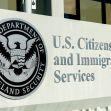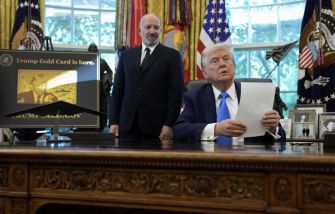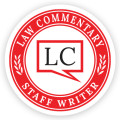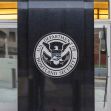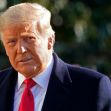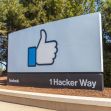A coalition of labor unions, employers, and faith-based organizations filed a federal lawsuit on Friday challenging President Donald Trump’s order imposing a $100,000 fee on new H-1B visa applications. The plaintiffs argue that the administration exceeded its authority under federal law and disrupted a program created by Congress to attract highly skilled foreign workers.
The complaint, filed in the United States District Court for the Northern District of California, seeks an injunction to halt enforcement of the order. Plaintiffs claim the measure has “thrown employers, workers, and federal agencies into chaos” and represents an unlawful expansion of executive power in immigration policy.
Under Trump’s proclamation, signed on September 19, U.S. employers must now pay a $100,000 surcharge before newly sponsored H-1B workers can enter the country. The order took effect with only 36 hours’ notice, prompting confusion among employers that depend on the visa program to fill specialized positions in healthcare, education, and technology. Some reportedly instructed foreign employees to return to the United States immediately to avoid being denied entry.
The plaintiffs include the United Auto Workers, the American Association of University Professors, a nurse recruitment agency, and several religious and healthcare organizations. They are represented by the Democracy Forward Foundation and the Justice Action Center, which, in a public statement, called the measure “Trump’s latest anti-immigration power grab.” The defendants include President Trump, the Department of Homeland Security, the Department of State, and U.S. Customs and Border Protection.
The lawsuit argues that the president lacks constitutional and statutory authority to unilaterally impose new financial obligations on employers. It states that only Congress can set visa fees or taxes and that the structure of the H-1B program cannot be changed by executive order. The plaintiffs also allege that federal agencies violated the Administrative Procedure Act by implementing the order without the required public notice, comment, or analysis of its economic impact.
According to the complaint, the new policy transforms the visa system into a “pay-to-play” scheme, forcing employers either to pay the six-figure fee or seek a discretionary “national interest” exemption from the Department of Homeland Security. Attorneys for the coalition said that this system invites “selective enforcement and corruption,” undermining fairness and transparency in visa processing.
In a statement, White House spokeswoman Abigail Jackson defended the measure as a lawful step to “discourage companies from spamming the system and driving down American wages, while providing certainty to employers who need to bring the best talent from overseas.” Trump’s proclamation cited national security and economic concerns, arguing that the H-1B program has been “deliberately exploited to replace, rather than supplement, American workers with lower-paid, lower-skilled labor.”
Supporters of the visa program warn that the fee could destabilize critical sectors of the U.S. economy. The H-1B visa allows employers to hire foreign professionals in medicine, engineering, and academia for three to six years. Roughly one-third of H-1B visa holders work as nurses, teachers, or clergy, and the program is widely credited with supporting hospitals, universities, and research institutions.
Advocacy groups involved in the lawsuit said that without court intervention, hospitals may lose medical staff, churches could lose pastors, and universities could risk losing faculty and researchers. “The $100,000 fee will discourage the best and brightest minds from bringing life-saving research to the United States,” said Todd Wolfson, president of the American Association of University Professors, in a statement included with the lawsuit. Mike Miller, regional director for the United Auto Workers, described the policy as one that “prioritizes wealth and connections over scientific acumen and diligence.”
Employers already pay between $2,000 and $5,000 in government fees when sponsoring H-1B workers, depending on company size and other factors. The program’s annual cap allows 65,000 visas for foreign professionals, plus 20,000 for workers holding advanced U.S. degrees. Technology companies, universities, and hospitals depend heavily on the program to address persistent labor shortages in specialized fields.
Critics of the H-1B program argue that some companies have used it to replace American employees with lower-paid foreign workers, a claim Trump cited in announcing the new fee. However, business groups warn that such a steep cost would make the program inaccessible to small employers and nonprofit institutions, undermining innovation and economic competitiveness.
The plaintiffs are asking the court to suspend the fee requirement and restore stability to the visa system.
